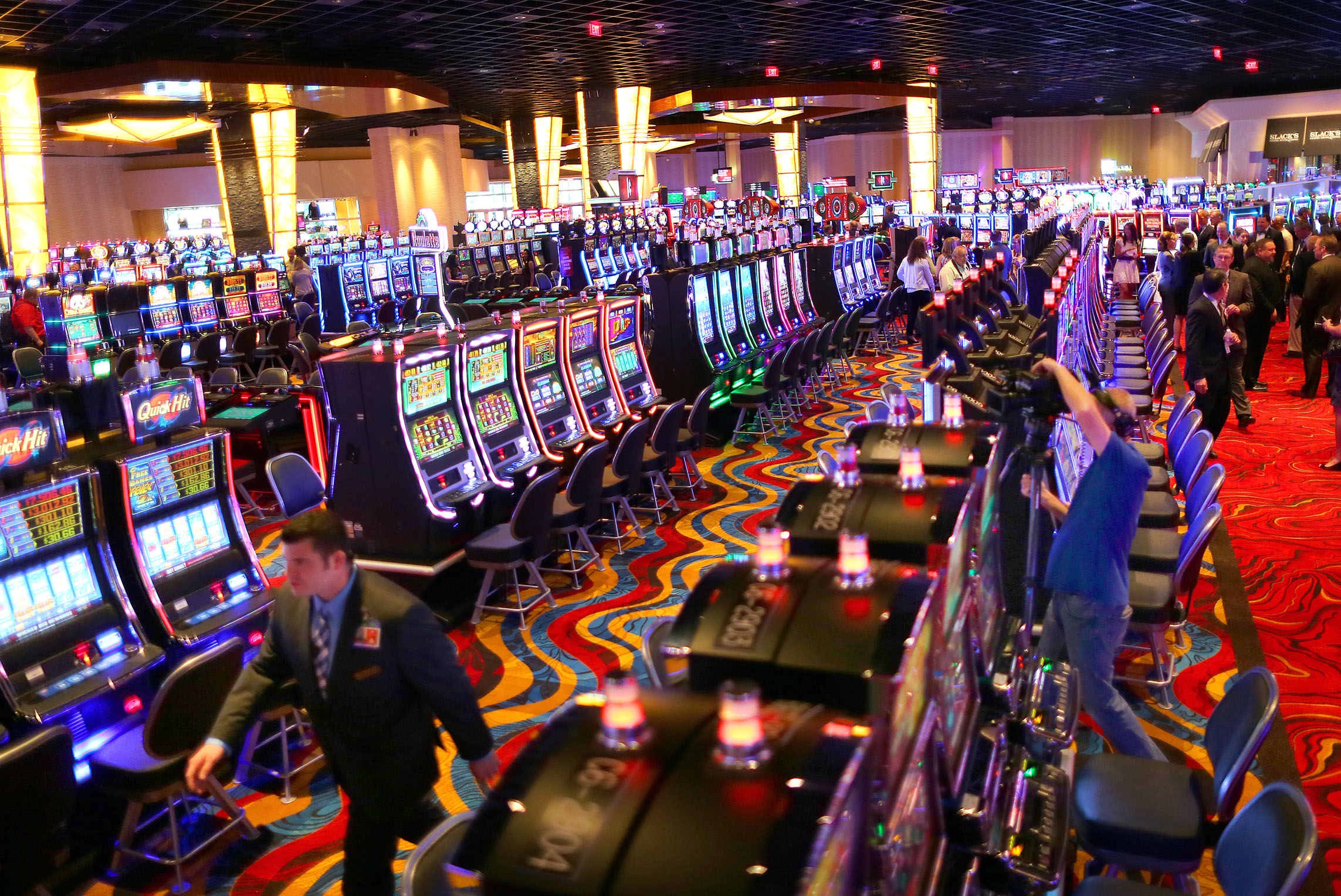Gambling has quickly become a beloved pastime among Americans, and its addictive nature can quickly hook people. From Las Vegas casinos to online platforms such as Pokerstars or Bingo.com, gambling poses potential dangers that anyone should consider carefully before engaging.
Harms caused by gambling can be divided into three distinct categories, including personal, interpersonal and community/societal levels. Personal harms associated with gambling include health-related effects, financial consequences and negative behaviors while interpersonal harms involve those closest to gamblers – family members or friends of gamblers being among these categories.
Problem gamblers are more likely to commit crimes.
Popular depictions of people turning to crime to pay their gambling debts may reflect real-life experiences of some criminals; but do high levels of gambling encourage otherwise law-abiding individuals to engage in unlawful behaviour? The WAGER review examines evidence and concludes that problem gambling does not directly cause crime – instead, crimes committed by people addicted to gambling appear as manifestations of pathological risk-taking behaviour underlying their addiction to gambling.
Notable behaviors associated with disordered gambling include nonviolent acquisitive crimes such as fraud, forgery, stealing and embezzlement (Blaszczynski and McConaghy 1994). A few studies conducted among people attending treatment clinics indicate that these criminal acts often serve as financing for gambling (May-Chahal et al. 2017; Preston et al. 2012; Turner et al. 2009).
However, it should be noted that many disordered gamblers already had criminal records before becoming addicted to gambling; this may explain why their criminality can often worsen as a result of gambling addiction. Furthermore, mental health conditions like disinhibition and impulsivity disorders have been speculated upon to act as mediators between gambling addiction and criminality (Meyer & Stadler 1999).
Problem gamblers are more likely to be arrested.
Problem gamblers frequently engage in illegal activities when they become financially strapped, particularly if their debts have forced them into debt. When these actions turn criminal, embezzlement, forgery, larceny, tax evasion or theft may occur – acts which could potentially lead to arrest, conviction and imprisonment; individuals whose gambling problems have led to fraudulent activities tend to reoffend upon release from incarceration.
The vast majority of gambling-related crimes involve theft or embezzlement. One study of pathological gamblers seeking treatment found that 30 per cent had committed crimes to finance gambling activity or pay off gambling debt (Blaszczynski and McConaghy 1994). They were more likely to be convicted for such offenses than non-problematic gamblers due to having histories of criminal behavior prior to gambling as well as increased rates of childhood maltreatment and family histories of mental health difficulties; suicidal thoughts and attempts were commonplace among such individuals.
Problem gamblers are more likely to be convicted of crimes.
Problem gambling affects millions of individuals each year, leading to financial hardship, relationship strain and mental health concerns. Gambling addiction may even lead to criminal activity – individuals may resort to theft and embezzlement to fund their gambling habit – leading to theft charges against those with severe gambling disorders who use criminal acts as funding mechanisms for gambling activities. While the link between crime and gambling can seem strong, remember that other factors, like alcohol or drug misuse or mental health conditions could contribute just as effectively.
This research adds to an ever-increasing body of evidence suggesting an association between disordered gambling and criminality. However, participants were drawn from treatment-seeking populations which may not reflect all criminal offenders with problem gambling problems; furthermore, probit regression results do not take into account factors that may impact both crime and gambling behaviors.
Problem gamblers are more likely to be incarcerated.
Gambling has long been linked to various crimes, notably financial crimes such as theft and fraud. Gamblers may steal from friends, relatives and employers to fund their gambling habit or service any debts accrued while betting events. Such individuals pose particular problems for prison services due to reoffending tendencies and thus pose unique challenges for correctional services.
This study investigatedd the relationship between problem gambling and crime among prisoners in New Zealand. 288 male volunteers at a Category B prison participated in this research study and were required to meet clinical criteria for pathological gambling and/or antisocial personality disorder as assessed by a psychiatrist.
Results indicated that problem gamblers were more likely to be imprisoned than non-problem gamblers; however, this difference may also be explained by other background characteristics. These results were stable when using propensity score matching or instrumental variable methods and suggest that legal responses against problem gambling may not be effective.





